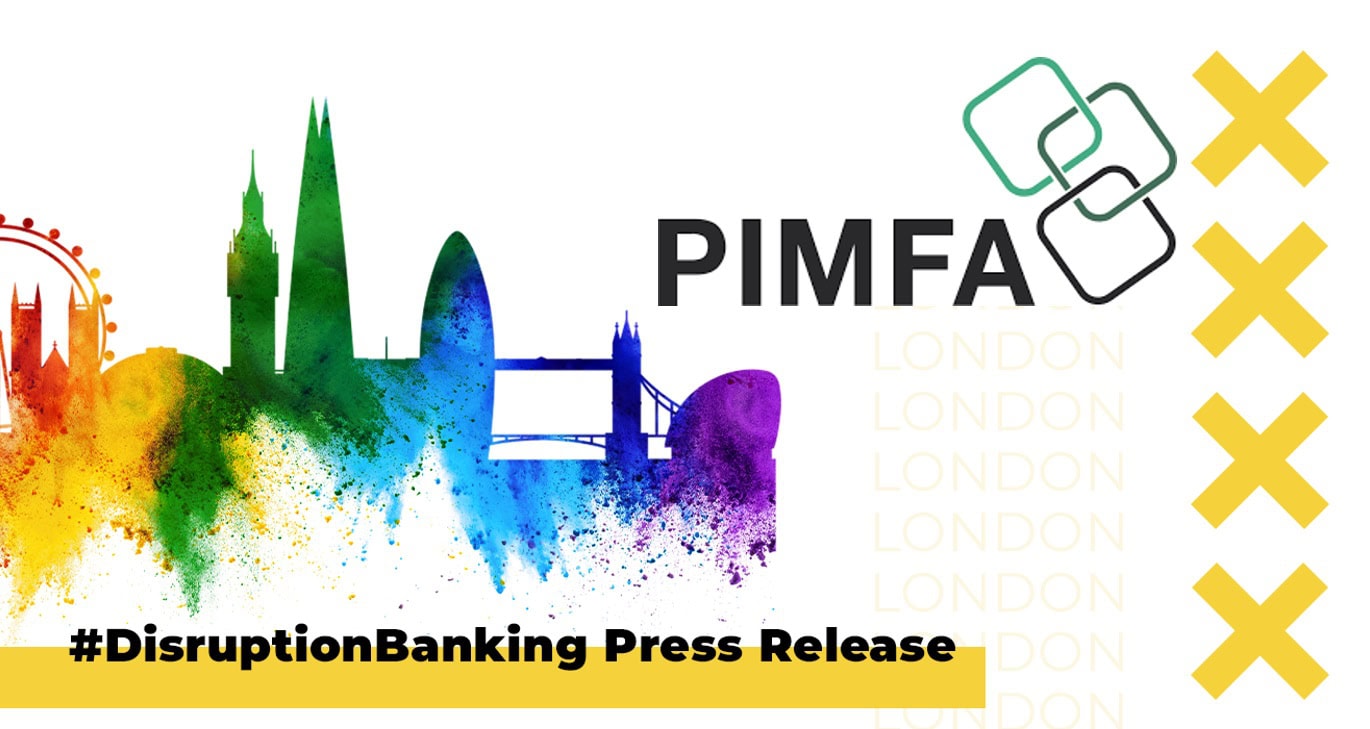By-lined by Andreas Rudorfer, Director of APAC at Vyntra
The Singapore FinTech Festival 2025 brought together global leaders to explore how the next generation of financial infrastructure will take shape. This year’s programme explored the transformative potential of the new payments settlement layer, AI governance and quantum-ready security. However, beneath many conversations lay a deeper, recurring thread about the need for trusted and high-quality data to enable safe and scalable innovation.
Data Integrity as the Foundation for Intelligent Payment Systems
A recurring theme at SFF 2025 was that future payment systems and AI-driven financial infrastructure both depend on trusted, high-quality data. Any issue, from a missing field, an inconsistent transaction record to a misaligned data feed, could ripple through real-time analytics or payment flows and cause serious disruption. The message from industry and regulators was clear: the transition to intelligent finance and modern payments alike depends on robust data integrity.
For those of us working closely with transaction data, this is a familiar but important validation. To avoid the “garbage in, garbage out” trap, financial institutions must continue investing in standardisation, lineage and validation frameworks that ensure every data point entering an AI system is reliable and fully traceable.
Responsible Data Governance and Payment Transparency
Data quality was matched by an equally strong emphasis on responsible AI governance. As finance adopts more automation, several discussions at SFF focused on the need for institutions to build clear audit trails, model monitoring capabilities and transparent processes around the use of customer data. This is particularly critical in markets like Southeast Asia, where regulatory expectations are evolving quickly and where customer trust is a decisive factor in adoption.
For me, the takeaway was that strong governance is not an add-on, but a part of the architecture of responsible innovation. When transaction data is managed with full visibility and accountability, AI systems become easier to audit, easier to regulate and ultimately more reliable. Without this, the sector risks undermining the very trust it is working to build.
From Data to Intelligence: Building Real-Time Insight Engines
A notable trend across this year’s agenda was the growing focus on real-time financial intelligence. Sessions exploring fraud detection, device-level risk controls and instant-settlement infrastructure all pointed to the same conclusion: institutions are moving rapidly toward systems that can analyse and act on live transaction flows.
For example, Singapore and Cambodia demonstrated a linked QR-code payment system allowing Cambodian travelers to make real-time payments in Singapore, demonstrating how cross-border transfers are being modernised.
What became clear throughout the festival is that the move towards real-time intelligence is not just a technology challenge, it is a data challenge. Institutions that can harmonise fragmented data sources and deliver consistent, high-quality information into their analytics engines will be the ones best positioned to benefit.
Tokenisation and Interoperability Depend on Data Discipline
Tokenisation was another major theme at SFF 2025, with discussions spanning everything from tokenised deposits and stablecoins to programmable settlement networks. The promise is significant: more transparent markets, more efficient settlement and financial products that are easier to fractionalise and move across borders.
However, the festival also highlighted the practical reality: tokenisation can only scale sustainably if supported by common data standards and interoperable frameworks. For practitioners working in transaction intelligence, this is a familiar challenge. The success of tokenised finance will hinge on the industry’s ability to build shared data models and audit trails that ensure every movement of value is visible, verifiable and tamper-proof. Without this, tokenisation risks creating new forms of fragmentation rather than reducing them.
Preparing for a Quantum-Ready Future
While quantum computing is still emerging, its implications for financial data security were a significant topic of discussion this year. Many institutions are now assessing how quantum advances could affect the integrity of payment messages and encrypted transaction records. The industry’s shift toward quantum-resilient architectures reinforces the importance of understanding where cryptographic controls sit within payment flows, strong data governance and full visibility of where sensitive transaction data is stored and transmitted. The work institutions are doing today to improve data transparency and security will determine how well they can navigate tomorrow’s risks.
Inclusion and Local Relevance Require Thoughtful Data Strategies
Finally, SFF 2025 underscored the importance of adapting technology to the needs of diverse and emerging markets. Discussions around financial inclusion, local data ecosystems and region specific payment infrastructure highlighted that innovation means little if it isn’t accessible.
From identity verification to credit scoring, the success of inclusive finance will depend on the industry’s ability to use data responsibly and sensitively while ensuring that models reflect local realities and that processes respect regional regulatory expectations. For payments specifically, this means ensuring data flows remain consistent and high-quality even in markets with fragmented infrastructure.
Building a Trusted Future for Financial Innovation
SFF 2025 presented a compelling vision of the next decade of finance – one powered by AI, tokenised infrastructure and secure digital systems. But across every discussion, one message stood above all: none of this will succeed without trustworthy, transparent and resilient data.
As innovation accelerates, the role of transaction data management becomes even more critical. Financial institutions that prioritise data integrity, governance and security will be the ones able to unlock the full potential of emerging technologies while maintaining trust with customers, partners and regulators. The future of financial services will be shaped not only by what we build, but by the data foundations we build it on. At SFF 2025, that truth was clearer than ever.
For more information about Vyntra, please visit the company website.
See Also:
SFF 2025: 10 Years Shaping Fintech’s Future | Disruption Banking

















